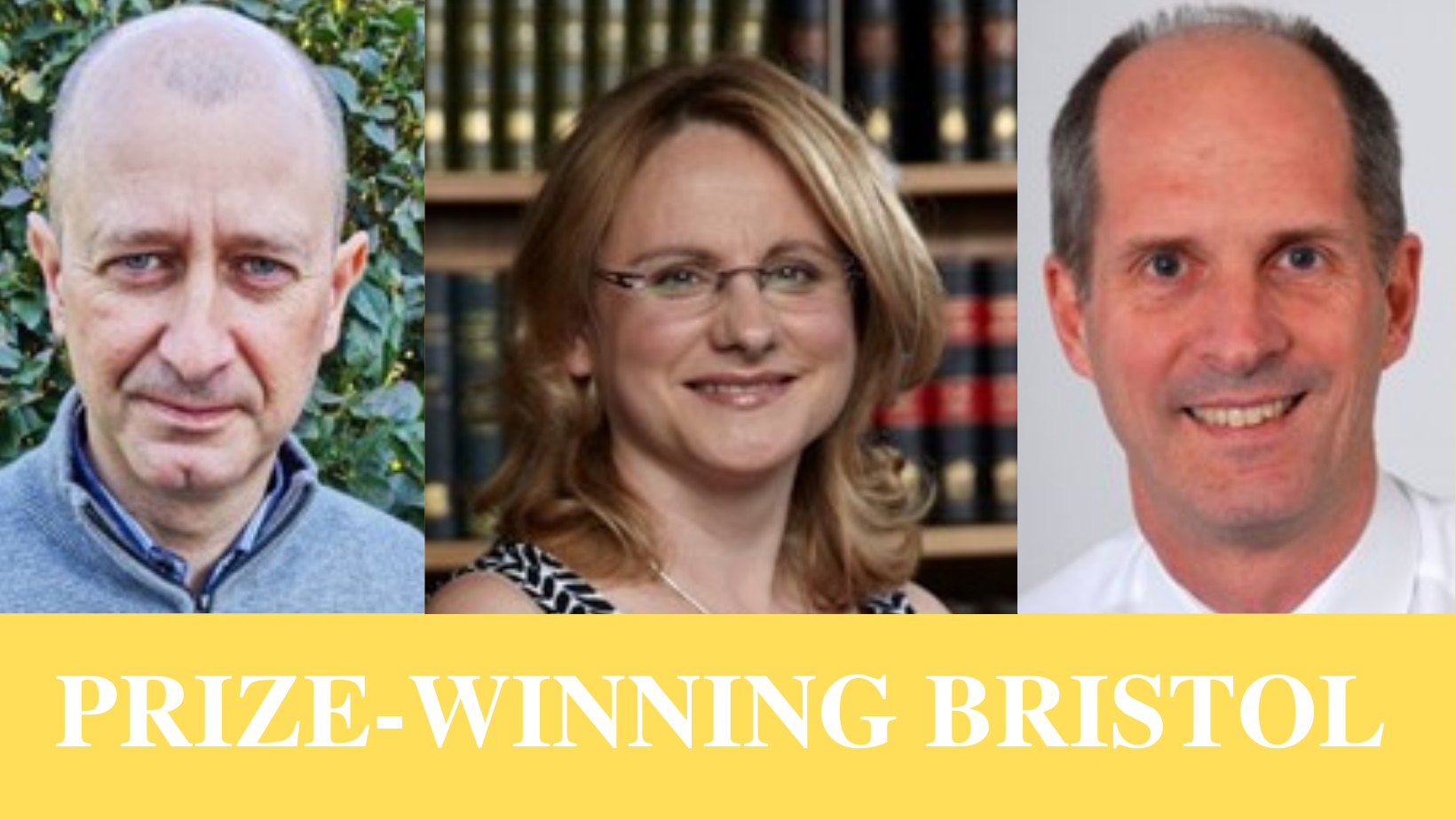By Sarah Dalton, SciTech Editor
Epigram takes a look at the staff you all know and love who became prize-winning profs this month.
The Royal Society of Chemistry’s prizes have recognised excellence in the chemical sciences for more than 150 years. Of those who have won a prize, over 50 have gone on to later win Nobel Prizes for their work - so these are quite the Oscars in the world of science. This year, three University of Bristol professors shone in the virtual spotlight as an acknowledgement of their outstanding work in the field of Chemistry.
Professor Jonathan Reid – the Tilden Prize

Professor Jonathan Reid has been a Professor of Physical Chemistry at the University of Bristol since 2004 and this is not his first prize-winning experience with the Royal Society of Chemistry (RSC). Reid has previously been the recipient of the Harrison Memorial medal (2001), the Marlow medal of the Faraday Division (2004) and the Corday-Morgan medal (2013).
This month, Reid took on the prestigious Tilden Prize for pioneering studies on the properties of aerosol particles and their impact to our health. When asked about his prize, Reid gave recognition to the postgraduate students and postdoctoral researchers he has worked with over the years, noting how: ‘It is exciting that the role chemistry plays in aerosol science has been recognised by the RSC through an award.’
Aerosols, like the familiar aerosol can we all use in our day-to-day lives, are found in the atmosphere. They play a crucial role in the delivery of drugs to the lungs for individuals with asthma and in the transmission of disease when someone coughs or speaks.
In light of the ongoing pandemic, the study of aerosols is perhaps more important than ever. Reid’s prize-winning work looks specifically at the processes that occur at the level of a single aerosol particle, and what this may teach us about coronavirus’s survival time and transmission through the atmosphere.
‘The work of these three winners is a prime example of what we are so passionate about.’
Professor Carmen Galan – the Jeremy Knowles Award

Professor Carmen Galan is a Professor of Organic and Biological Chemistry who joined the University of Bristol in 2006.
After facing the judging panel, Galan was awarded the Jeremy Knowles Award for her work in the development of synthetic probes and their application to the targeting of cellular processes (such as diseases like cancer). She offers the useful analogy that ‘Chemistry is a bit like cooking; there are recipes you can follow but the most exciting developments often come from trial and error.’
Galan’s research group (The Galan Group) use chemistry to develop these synthetic probes which can target cellular processes. These can then be used to develop new treatments for diseases or be used in agriculture to address the challenges of the climate crisis.
Galan states that: ‘I am both honoured and delighted to receive this Prize in recognition of our work at the chemistry and biology interface.’
‘Chemistry is a bit like cooking’
Professor Michael Ashfold – Outstanding Service to the Royal Society of Chemistry

Professor Michael Ashfold is an Emeritus (retired) Professor of Physical Chemistry at the University of Bristol who made immeasurable contributions to the department. He has been awarded the prize for Outstanding Service to the Royal Society of Chemistry.
Ashfold’s research involves using laser-based techniques to study the chemistry and physics of molecules when they are exposed to light. His research group have particularly focused on how sunscreen molecules offer protection from ultraviolet (UV) light to question if other molecules might provide superior protection.
In his recognition speech, Ashfold said: ‘It has been a pleasure to serve the RSC in some volunteer capacity for most of the time since the start of my academic career. I look forward to continuing to serve both the RSC and the wider scientific community in any ways that I can now that I have (a little) more free time.’
Lecturers reject their teaching prize nominations in protest against Bristol University’s handling of rent strike
Bristol graduate awarded top UK prize for start-up business venture
When recognising the challenges faced by scientists this year, Dr Helen Pain, Chief Executive of the Royal Society of Chemistry added that: ‘The work of these three winners is a prime example of what we are so passionate about.’
Featured Image: University of Bristol | Epigram / Sarah Dalton / Canva
Which of your professors and lecturers do you think are worthy of a prize?









